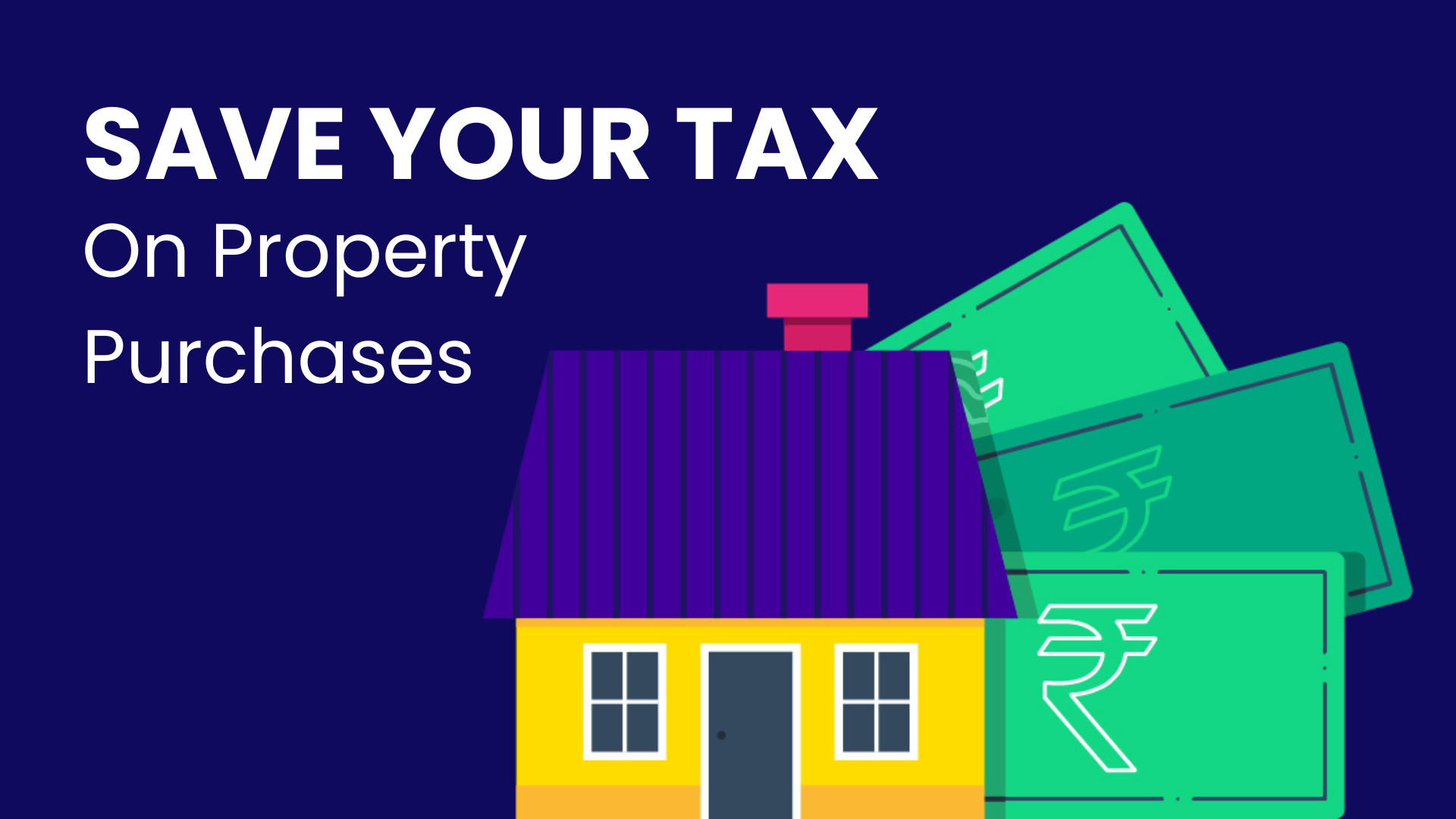Property Purchase and Tax Planning Made Simple"
Embarking on the journey of property ownership is an exciting endeavor, but it comes with its share of financial considerations. One aspect that savvy homebuyers prioritize is exploring avenues to save on taxes during the property acquisition process. In this guide, we unravel the strategies and smart moves that can be employed to optimize your tax liability while making a significant real estate investment. From understanding deductible expenses to leveraging available tax benefits, this exploration aims to empower you with the knowledge to navigate the intricacies of property-related taxation and ensure that your investment journey is not only fulfilling but also financially savvy.
Here are some ways in which you can save tax while buying a property:
- Home Loan Interest Deduction: One of the most common ways to save on taxes is by leveraging the deduction on home loan interest. Under Section 24 of the Income Tax Act, homebuyers can claim a deduction on the interest paid on the loan, up to two lakhs for a self-occupied property. A property that is rented out has no upper limit for tax deduction claim.
- Principal Repayment Deduction: Section 80C allows for a deduction on the principal repayment of the home loan. This includes the principal amount repaid along with other eligible investments, providing a combined deduction limit of 1.5 lakhs. However, deduction is attached with a condition that the owner must not sell the property for at least five years. Failing which the deduction claimed earlier will be added back to the taxable income of the owner in the year of sale.
![]()
- First-Time Homebuyer Benefits: If you are a first-time homebuyer, you may be eligible for additional benefits. The government often introduces schemes or tax breaks to encourage first-time property ownership. Under Section 80EEA, first time home buyers can claim an additional Rs. 50000 as deduction provided loan amount is less than 35 lakhs and the property value does not exceed Rs. 50 lakhs.
- Conditions for claiming 80EEA deduction:
- Housing loan must be taken from a financial institution or a housing finance company for buying a residential house property.
- The loan should be sanctioned during the period 1st April 2019 and 31st March 2022.
- Stamp duty value of the house property should be Rs 45 lakh or less.
- The individual taxpayer should not be eligible to claim a deduction under the existing Section 80EE.
- The taxpayer should be a first-time home buyer. The taxpayer should not own any residential house property as of the date of sanction of the loan.
There are certain additional conditions with respect to carpet area of the house property. These are mentioned in the Finance bill.
- Joint Home Loan: Opting for a joint home loan with a co-borrower, such as a spouse, can enhance the overall tax benefits. Both co-borrowers can individually claim deductions on the interest and principal repayments.
- Stamp Duty and Registration Charges: The expenses incurred on stamp duty and registration charges can also be eligible for tax deduction under Section 80C. This provides an additional avenue to reduce your taxable income.

- Under Construction Property Deduction: If you have purchased an under-construction property, the interest paid during the construction period can be claimed in five equal installments starting from the year of possession.
- Tax Benefits for Second Home: If you own more than one property, tax benefits are applicable to only one self-occupied property. The second property is considered as let-out, and you can claim deductions on the home loan interest and other expenses.
- Joint Ownership for Married Couples: Married couples can jointly own a property, allowing both partners to claim tax benefits individually. This can be advantageous in maximizing overall deductions.
- Tax relief for affordable housing: In a significant move to support affordable housing, the government has granted a GST benefit to beneficiaries of its Credit-Linked Subsidy Scheme (CLSS) for EWS, LIG, MIG-I, and MIG-II categories. Alongside an interest subsidy, these homebuyers can now avail of a reduced concessional GST rate of eight percent. As an incentive for developers, the government encourages refraining from imposing GST on buyers in this crucial segment. This is facilitated by the effective eight percent GST rate in affordable housing, which developers can offset against their input credit if they choose to do so.
In summary, strategic planning in property buying can lead to substantial tax savings. Whether through home loan benefits or government incentives for affordable housing, staying informed and seeking expert advice is key. Make savvy choices to realize your homeownership goals while optimizing tax responsibilities effectively.

Posted by houzyy news desk on Jan. 15, 2024




